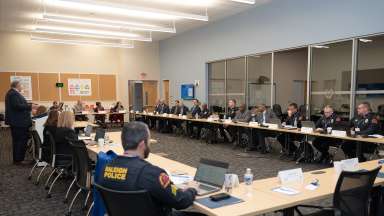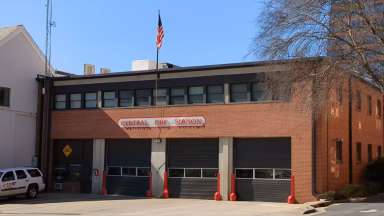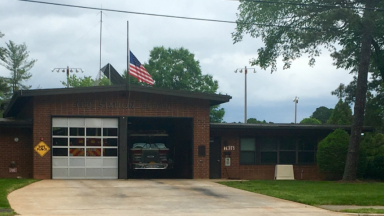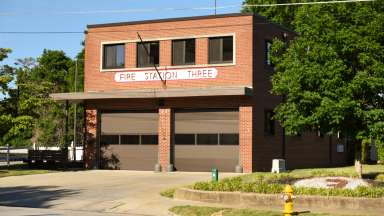Several of the challenges facing our community are related to criminal justice. This topic relates, directly or indirectly, to responsibilities held by the Raleigh Police Department, along with its partners. Here are some specific initiatives in which the Raleigh Police Department is involved.
Improve Diversion
In a typical diversion program a person who has been accused of a crime is directed into a treatment or care program as an alternative to criminal prosecution and imprisonment. There are several deferral programs in Wake County, including programs in the juvenile court system. Here are a few examples:
- 90-96 Conditional Discharge Program, which provides conditional deferral for first-time offenders.
- Drug Education Program and Alcohol Education Program, which provide deferral opportunities for certain drug offenders or individuals charged with alcohol violations.
- Wake County Recovery Court Program, which assists adults dealing with substance use disorder.
The Raleigh Police Department is also examining programs from other jurisdictions.
Shift Resources Toward Prevention
The Raleigh Police Department believes that effective policing requires a partnership with City residents (along with other partners) and collaborative problem solving. RPD works to empower residents to take ownership of safety and work with the department to ensure that it is maintained.
The RPD community policing philosophy goes beyond attempts to solely reduce and manage criminal activity. Community policing maximizes City resources and uses county, state and federal entities to empower communities to address the underlying causes of crime and allow these communities to improve the quality of life.
The philosophy reinforces beat officer interoperability by supporting and empowering officers to engage the community as another resource for problem solving and crime prevention.
The Raleigh Police Department invests in the community. The department engages youth by providing them meaningful opportunities for growth, including offering a variety of organized activities:
The Raleigh Police Department continues to invest in the City’s youth and uses data to track results to determine each program’s success.
Ban Shooting at Moving Vehicles
The Raleigh Police Department prohibits the shooting at moving vehicles. This policy has been in place for more than 15 years. The Raleigh Police Department’s written directives manual says: “Due to the risks and considering that firearms are not generally effective in bringing a moving vehicle to a rapid halt, officers shall not fire at a moving vehicle.”
Require De-escalation
RPD believes that de-escalation can reduce the need for physical force. De-escalation is defined as “taking action or communicating verbally or non-verbally prior to or during a potential force encounter in an attempt to stabilize the situation and reduce the immediacy of the threat.” These actions are taken to allow more time, options, and resources to be used to resolve the situation without the use of force or with a reduction in force.
De-escalation may include the use of such techniques as presence, verbal commands, warnings, verbal persuasion, and tactical repositioning. Whenever feasible, prior to using physical force, RPD officers must use de-escalation techniques.
In September 2021, the Raleigh Police Department received a grant related to de-escalation through DOJ. RPD will create a standalone policy on de-escalation and plans to engage the community for this work. The department also plans to create a training curriculum.
Create an Empowered Citizen Review Board
The City of Raleigh established the Raleigh Police Advisory Board in 2020. It serves as a liaison between the community and Raleigh City Council. The board’s focus is building trust between the Raleigh Police Department and the community.
The Raleigh Police Department recommends providing the current board an appropriate time of service to properly evaluate its impact before lobbying the North Carolina General Assembly for greater board authority.



